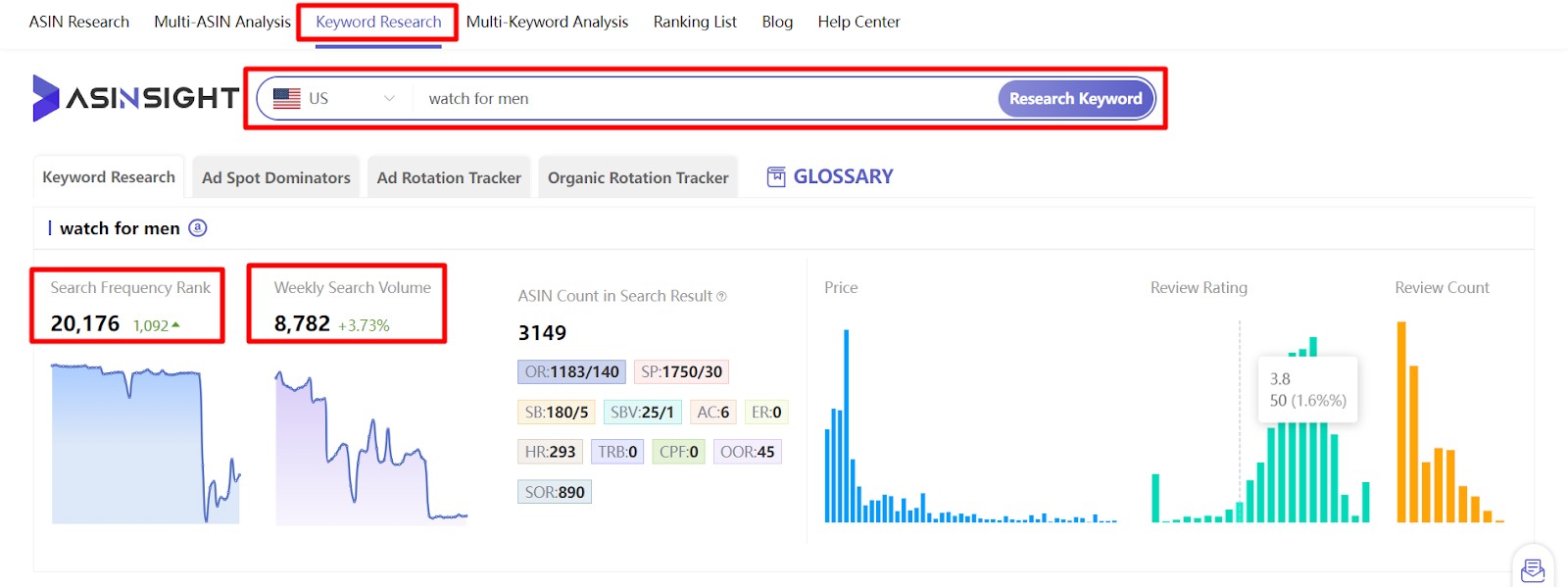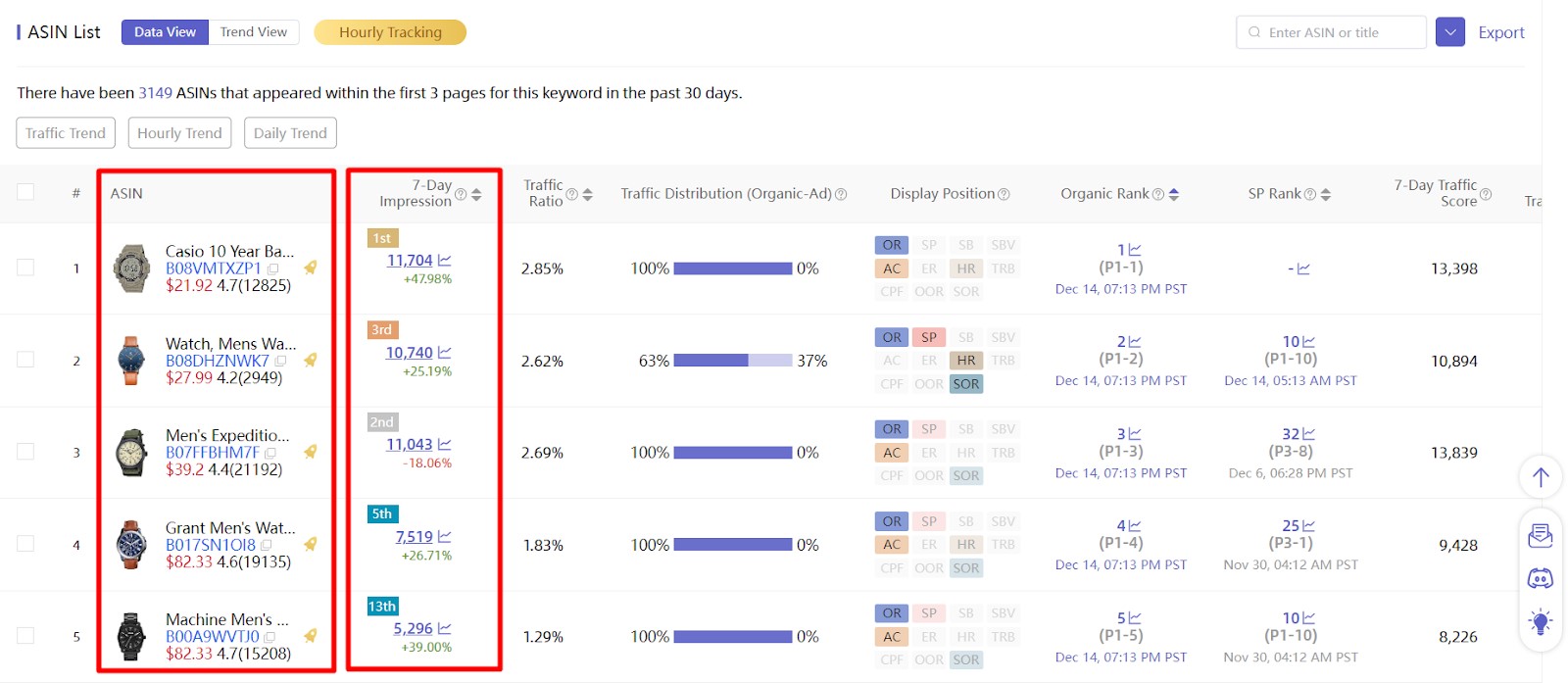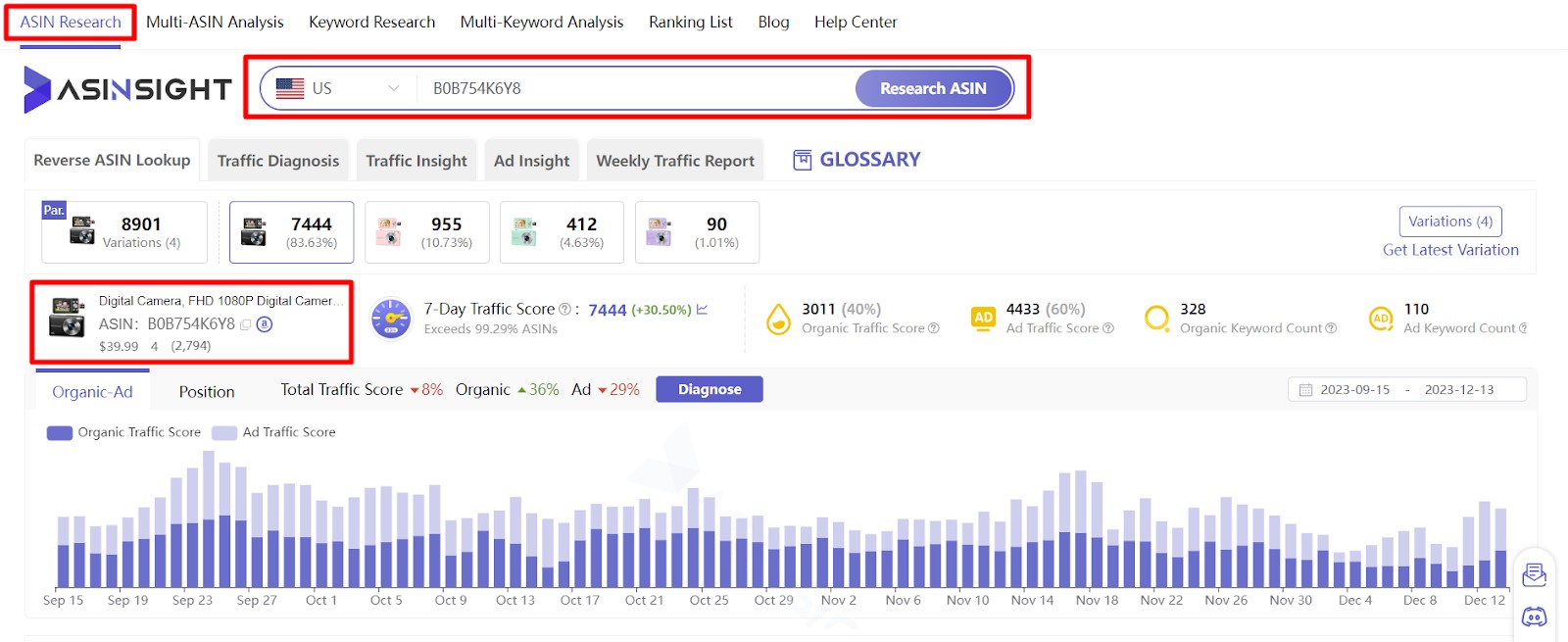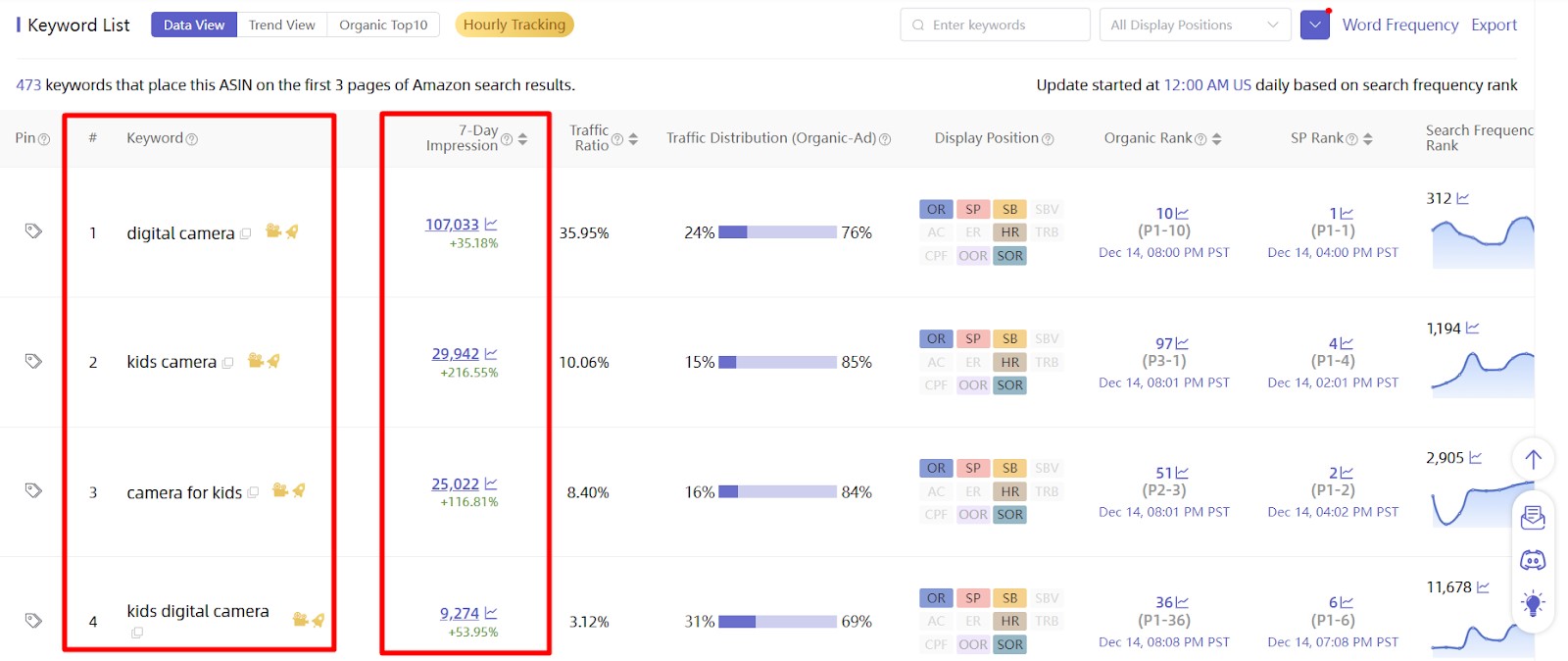Amazon Keyword Research Tips: Mistakes New Sellers Make

Amazon Keyword Research is a crucial aspect of optimizing your product listings. You can reach a broader audience by selecting and incorporating relevant keywords. For new sellers, proper keyword research can be a real challenge. Even if your product is top-notch, skipping keyword research can seriously impact its success. In this article, we will discuss the most common mistakes that new Amazon sellers often make.
A quick view into the article:
- Not Using Keyword Research Tools
- Ignoring Amazon Long-Tail Keywords
- Neglecting Competitor Keyword Research
- Not Utilizing Backend Search Terms
- Overlooking Seasonal Keywords
- Focusing Only on High-Volume Keywords
Not Using Keyword Research Tools

Many new sellers overlook the importance of utilizing available keyword research tools in identifying relevant keywords for their products. These tools, ranging from free to paid options, can find the most effective and popular keywords related to a specific product or niche. As a result, sellers miss out on valuable insights into consumer search behavior and trends within their product category. Keyword research tools provide crucial information that sellers need to optimize their product listings effectively.
You can use the ASINSIGHT Keywords Research Tool to access the Search Frequency Rank, Weekly Search Volume, ASIN Count in Search Results, etc. for each keyword related to the product.

You can also identify top-ranking ASINs for a particular keyword with this tool. It shows all the Traffic Trends, Hourly Trends, and Daily Trends for each ASIN that appeared within the first 3 pages for this keyword in the past 30 days.

Ignoring Amazon Long-Tail Keywords

Another common error made by new sellers is disregarding the importance of long-tail keywords—those longer and more specific phrases that potential customers might use when searching for a particular product. Instead, some sellers may focus solely on broad, high-volume keywords, overlooking the potential benefits of capturing niche and specific search queries. These more detailed and specific phrases might have lower search volumes compared to broad keywords, but they often come with less competition. For this reason, sellers miss out on the opportunity to reach a more targeted audience.
Neglecting Competitor Keyword Research
Conducting thorough competitor keyword research is a crucial aspect. It involves carefully analyzing the listings of competitors to identify successful keywords within their niche. Unfortunately, many new sellers on Amazon tend to avoid this valuable practice of competitor keyword research. This oversight can limit their understanding of what works in their market.
Use ASINSIGHT to search any ASIN with the ASIN Research Tool and get the best-performing keywords for that ASIN. You can see the 7-day impression for each keyword, which represents the number of times this ASIN appeared on the search results page for a particular keyword. You will also get the Hourly Trend, Ad Rotation Tracker, and Top 10 Organic Ranking items for each keyword.


Not Utilizing Backend Search Terms
Not using Backend Search Terms is another common mistake made by sellers. Even some experienced sellers overlook the importance of this section, which allows them to input additional keywords that may not be prominently featured in the product listing. Backend search terms play a crucial role in how Amazon's search algorithm ranks and displays listings.

If you have a long list of keywords, focus on the most important ones on that list. You’re only allowed 250 bytes for your backend keywords. Don’t repeat any keywords that appear on your listing. Your backend keywords are an opportunity for you to rank for other important keywords for Amazon. Choose relevant keywords that will help leads find your product listing.
Overlooking Seasonal Keywords
When you overlook Seasonal Keywords, you miss out on a significant opportunity to align your product listings with the specific interests of customers during particular seasons or events. Seasonal keywords related to holidays like Christmas, and Valentine’s Day, or events like Super Bowl Sunday, get peak traffic during specific months. This oversight can result in missed sales opportunities, especially during peak seasons or events when certain products are in higher demand.

Be proactive in identifying and incorporating relevant seasonal keywords into your product listings. Adjust your strategy based on upcoming holidays, events, or seasonal trends to ensure your products are easily discoverable during peak demand periods. This approach can boost your product visibility during specific times of the year.
Focusing Only on High-Volume Keywords

You may think that a keyword with a high volume is the perfect keyword to target. But just because a keyword has a high volume doesn’t mean your target audience is searching for it. Some sellers may prioritize popular keywords without considering the specific needs and characteristics of their target audience. While high-volume keywords are essential for reaching a broad audience, neglecting niche or specific keywords can lead to stiff competition. This can result in lower visibility for their products. Always try to strike a balance between high-volume and niche keywords. This approach improves visibility and enhances the likelihood of connecting with a more targeted and engaged customer base.
Final Thoughts
Amazon Keyword Research is important for all sellers, whether new or experienced. By avoiding these common mistakes in keyword research, sellers can significantly improve their product visibility. These strategic practices enable reaching a targeted audience, ultimately boosting the chances of success on the Amazon platform.